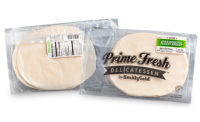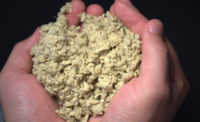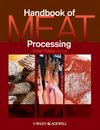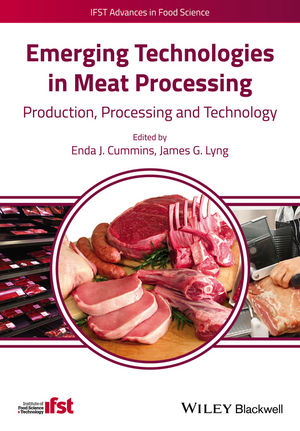With an extremely rough 2009 heading into the rear-view mirror, thank goodness there’s one thing less troubling to Americans these days: sustainable packaging.
That’s according to a Datamonitor study earlier this year that indicates that Americans are less worried about sustainable packaging than consumers in other countries around the world.
In fact, the United States is one of the countries least concerned about excessive packaging, and Americans are among the least interested in seeking out products with less packaging. The survey, “Sustainable Packaging Trends: Consumer Perspectives and Product Opportunities,” draws on the responses of consumers in 15 countries across Europe, Asia Pacific, South America and the United States.
Datamonitor consumer analyst Matthew Adams also suggests that the recession makes consumers buy more efficiently and, as fewer purchases are made, there is potentially less waste.
On the other hand, a report from brand strategy firm Miller Zell indicates that consumers want more green information: It found that 40 percent of shoppers are left wanting when it comes to green information at the retail level. Overall, retailers earned a poor D-minus grade for the quality of information on green products provided at the store level.
The study also said that members of the Gen Y and Millennial age groups tend to want more information than others. Empty Nesters and Baby Boomers cared less about having green information at the store level. These findings were from Miller Zell’s report, “Gone in 2.3 Seconds: Capturing Shoppers with Effective In-Store Triggers.”
There’s similar pressure on retailers across the Atlantic, according to the Environmental Data Interactive Exchange, billed as Europe’s biggest environmental site. In Britain, the Local Government Association believes consumers are therefore unable to make fair and informed decisions on which supermarkets are truly green. The LGA, which represents more than 350 local councils throughout England, is demanding supermarkets come clean about the packaging they produce. Of eight supermarkets the LGA contacted, only M&S, Waitrose, and Morrisons revealed details about how much packaging they produce.
In July, Wal-Mart announced its product scorecard that would inform consumers about the environmental impact of the products they buy.
This all suggests that the pressure retailers are feeling from consumers will likely be passed along to consumer packaged goods (CPG) manufacturers.
Rick Lingle is executive editor of BNP Media Packaging Group and the Food Packaging Insights e-newsletter. This story originally appeared on the Food & Beverage Packaging Web site, www.foodandbeveragepackaging.com. For more information on the reports cited, visit Datamonitor at www.datamonitor.com or Miller Zell at www.millerzell.com.






Report Abusive Comment